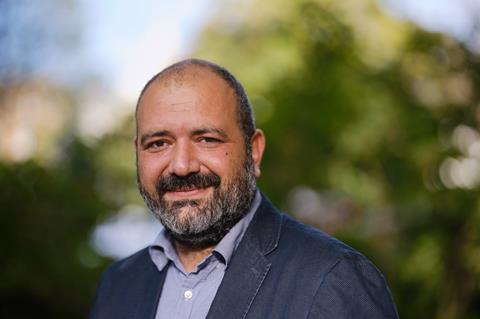
Opening with Olga Chernykh’s personal portrait of the Ukraine-Russia conflict, A Picture To Remember, IDFA will showcase many features from the world’s political hotspots.
IDFA takes place this year from November 8-19. It begins its 36th edition from a brand new year-round home in the Vondelpark Pavilion. The venue will open its doors officially next March but is already a festival location and has begun pilot programming including a collaboration with the Stedelijk Museum and a screening of Laura Poitras’s Venice 2022 winner All The Beauty And The Bloodshed.
Festival director Orwa Nyrabia believes IDFA’s new home will have a radically transformative effect on what is already the biggest and most prestigious documentary film festival in the world. He speaks to Screen just ahead of the opening of this year’s programme, which has been drawn together from 3,700 submitted films.
What drew you to open IDFA with Ukrainian director Olga Chernykh’s A Picture To Remember?
The film was submitted to IDFA for selection and we fell in love with it as a programming team. Then we realised that, although it had a different title, it was the same film that was part of IDFA’s previous programmes of funding in support of Ukrainian filmmaking and filmmaker training programmes.To me, it is a very special film. This is something I’ve been saying for the past 12 or 13 years since the beginning of the Arab Spring. Under fire and in extreme conditions, it’s only normal we feel compelled to make advocacy films. We try to make films that defend our rights and the rights of people we love. This does have an aspect of propaganda in it, let’s call it positive propaganda. To me, what A Picture To Remember offers is a much more sincere take on the recent history of Ukraine including the full -scale invasion by Russia.
There also seems to be several new films addressing the legacy of Dutch colonialism, for example Tessa Leuwsha’s ’Mother Suriname and In-Soo Radstake’s Selling A Colonial War.
There is a rise in filmmakers who come from minority backgrounds in the Netherlands. This is coming with an immediate, serious and deep examination of Dutch colonial history. You mention these two brilliant films. There are also at least two short films by young Dutch filmmakers examining colonial history, one on the repatriation of art and culture [The Story of Ne Kuko by Festus Toll] and one from the Moluccan islands [Anne Jan Sijbrandij’s Nusa Ina]. This wave I think is healthy and defines a social, historical shift, that people who were not allowed to have a voice are fighting to be allowed to voice their way of seeing reality. In documentary, this translates into this wave I find refreshing and essential.
Big companies including Netflix and National Geographic will again be in town. Do you welcome their presence?
When I imagine an arthouse filmmaker from India visiting a big festival for the first time in their life they may not necessarily be a good fit to work with Netflix, but I am very proud that it is at IDFA that a Netflix executive and this filmmaker from India would probably meet over a drink or at a dinner table. To me, that is what IDFA is; a platform to negate this polarisation and to reject it.
You spoke movingly when you launched the programme about the horrific events in Gaza and Israel. What shadow have they cast over the festival?
It is a very interesting training for me and the IDFA team. It is a very intense moment which does not stop in Palestine or Israel. Tension is very, very high all around the world. The way I understand our job is to stand in solidarity with those in extreme danger, to look progressively toward the future and certainly to demand a ceasefire right away.
On the other hand, it is about our audience and our film community and our invitation to them to be in a space that respects disagreements. It should be a safe space and a place to break out from the trenches of our pre-set opinions and conclusions into a more open experience of disagreement. You will see filmmakers from Sudan, a country in extreme turmoil, filmmakers from Armenia that tell us about Nagorno-Karabakh and the conflict there. You will see a lot of sorrow and imaginative examination of conflicts between different groups. This is a mirror of the world. My place is to invite people to accept complexity.
And you will have Israeli and Palestinian filmmakers at the festival?
Absolutely. As ever. That will never change.
Has there been a move after the pandemic away from personal, diary-style films and archive-based docs?
These trends are becoming deeper and more mature artistically, revisiting history through archival material, We have a great number of films that do that. In the competition, we have the film from Georgia, Limitation, by Elene Asatiani and Soso Dumbadze, which I think is a brilliant example of archival work. With personal films, we have the most surprising example, Indian director Anand Patwardhan’s The World Is Family. To see the great iconic filmmaker of India make a personal film is quite a surprise.
Why pay tribute to Peter Greenaway who is as well known for his fiction as for his documentary?
We are living in a world where a corporate take on film seems to have won. We find ourselves discussing how a film like Barbie becomes the saviour of the theatrical ecosystem. To speak about documentary, we have to bring up the example of the Taylor Swift Eras Tour Concert Film. Everything is way too formatted. Spaces for innovation are becoming smaller and smaller. At a moment like this, I think the real godfather of breaking out and still being recognised is Peter Greenaway. I would say they works of Wes Anderson today are finding a place in the world because someone like Peter Greenaway opened a door way back. I think he is exceptional in the way that he is a dissident, profoundly critical of the machine that tries to take over the artistic process.
What does your new home give you?
Its impact on the 11 days of the festival in November is limited, it is just a new nice venue. However, for IDFA as an organisation, this is the last chapter in a transformation we started four years ago with the IDFA Institute. IDFA has always been doing much more than 11 days in November…what we are doing is consolidating our other activities outside the festival in a manner that guarantees IDFA is actively engaged with the daily life of Amsterdammers.

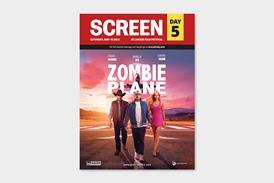
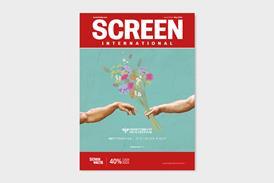
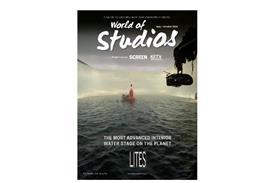
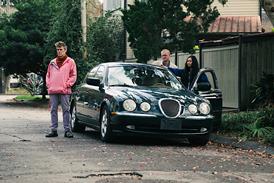
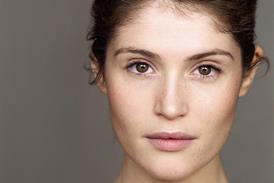
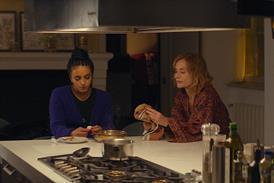
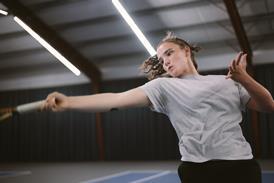
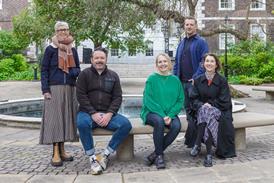
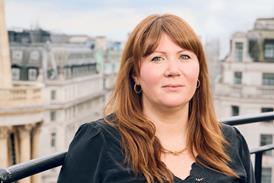


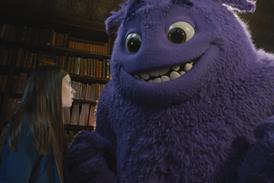
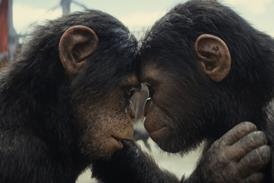
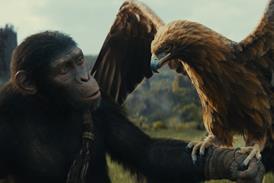










No comments yet